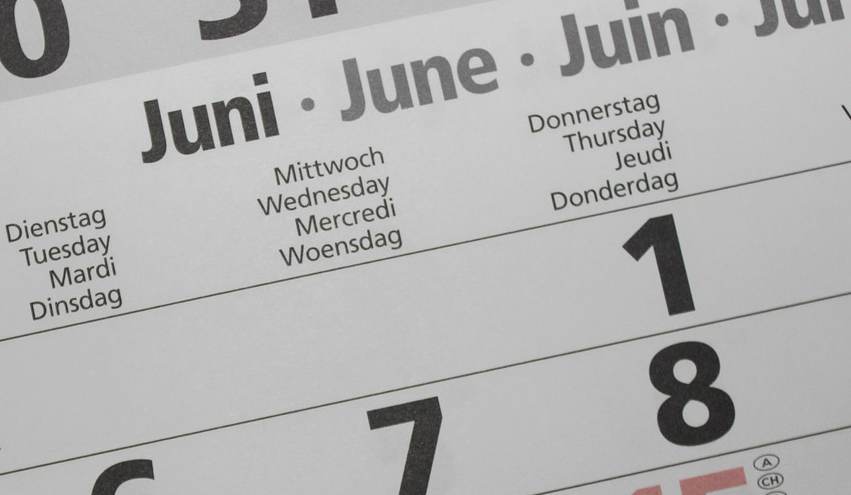Berkshire, D.E. Shaw, Chubb could fill some last-minute Florida holes: KBW

Some of the companies known for being reinsurance providers of “last resort” could step in to fill some last minute holes at the Florida renewals, according to analysts at KBW, but this would likely only be in higher-quality accounts.
Following more visits with the Bermuda reinsurance market this week, KBW’s analyst team led by Meyer Shields said that there remain gaps in programs and layers, meaning there will be opportunities for the opportunist reinsurance underwriters to step in and fill some holes.
“The reinsurers of “last resort” – including Berkshire, D.E. Shaw, and Chubb, who typically step in when no alternatives are available – are likely to fill last-minute holes in higher-quality accounts’ programs,” KBW’s analysts wrote.
As we explained earlier, there are as many as 25 Florida carriers still struggling to fill out their reinsurance programs, with lower-layers a particular area that has been challenging at this renewal season, as reinsurance carriers and capital markets shift higher in towers and capacity has become more limited this year.
Some executives are forecasting reinsurance rates to increase by as much as 20% to 30% at the June 1st Florida-focused reinsurance renewals, KBW heard during its meetings.
While risk aversion among reinsurance carriers and capital markets is one factor, there is also the shrinking of capacity that had been targeting the higher-risk, higher-return layers of towers, especially after recent catastrophe loss experience.
We’ve seen companies like Berkshire Hathaway and D. E. Shaw stepping into dislocated markets and renewals in the past, with ample capacity and the ability to underwrite programs at the last minute, if the price is right.
While these reinsurers of “last resort” may step in and make hay in a market where they can charge significant rates-on-line, with their quality-focus they are also unlikely to save the more challenged Florida market players, given those programs are likely less appealing to them, at any price.
While lower-layers of reinsurance towers have been cited as one problem, KBW’s analysts also note that the Bermuda market says higher-layers featuring secondary peril exposures are proving almost as difficult to fill.
It’s important to remember, that Florida has not had significant hurricane landfalls in the last two years, and yet its carriers have remained unprofitable, with the losses from severe weather and smaller storms, as well as the resulting fraud and litigation, enough to make the market unprofitable for most.
Reinsurance capital providers are all too aware that fraud and litigation can come from a relatively minor rain storm, as easily as from a Cat 3 hurricane impact, in Florida and it seems they are pricing accordingly.
Interestingly and aligned with our coverage of Florida’s insurance market challenges, KBW’s analysts note that practically all reinsurance executives they spoke with in Bermuda said the special session reforms are “incomplete”.
As a result, any reforms that come out of it are “at best an initial step that is unlikely to impact either pricing or buying behavior at June 1,” KBW explained.
As we’ve been seeing for a number of years now, the differentiation of reinsurance buyers continues at the June 2022 renewals.
KBW said that the market is, “Separating the smaller Florida regionals (who face higher insolvency and counterparty credit risk) from the national carriers that can more readily withstand current pressure.”
“The reinsurers now view the latter group much more positively, while taking more precautions on the former, including full up-front reinsurance premiums (versus previous quarterly payments, to avoid bad debt charges) that won’t be refunded if the primary carrier goes insolvent,” the analysts added.
As the renewal fast approaches, KBW continues to find it unlikely any last minute capital providers will step in, beyond the aforementioned “last resort” reinsurers that will soak up some of the gaps and holes in programs.
“We believe that the current, non-shock-motivated hard market explains why we’re not seeing any last-minute “white knights” offering much-needed capacity (the major European reinsurers had played that role in the past), and also why this current mindset – which distinguishes Florida catastrophe risk from most other reinsurance lines and regions – is likely to persist,” the analysts wrote.
Read all of our reinsurance renewals coverage here.






